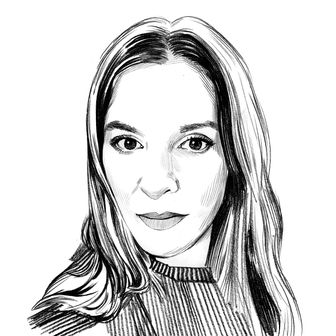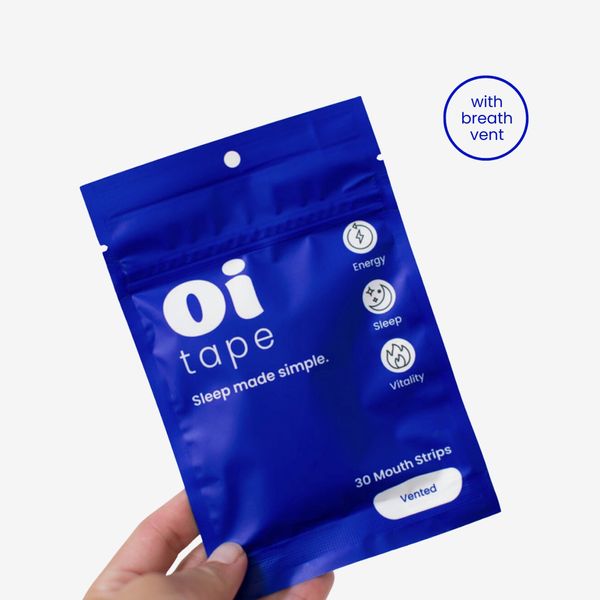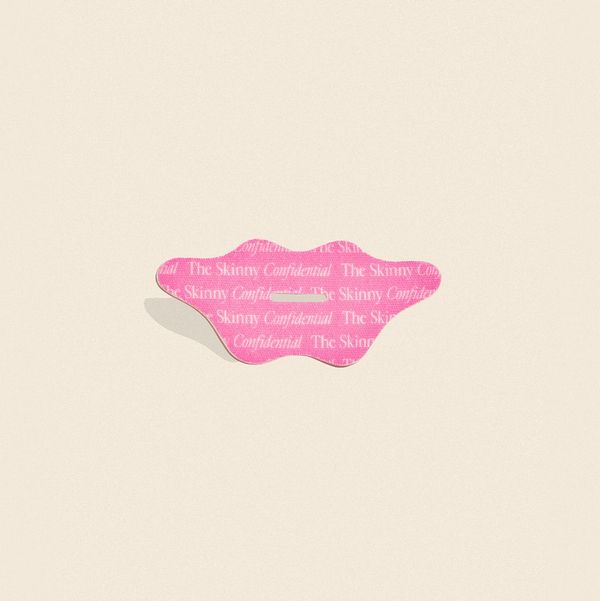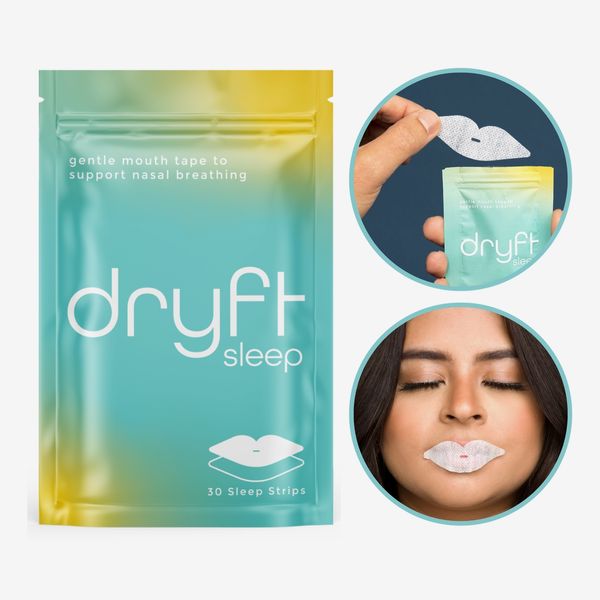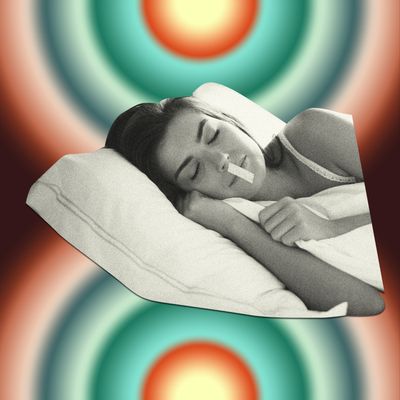
A sleepy situation
Should I wear mouth tape at night? —Anonymous
From hair bonnets to wrinkle-smoothing patches, there are plenty of accessories designed to improve your beauty sleep. Mouth tape, however, is in a league of its own: Proponents say it can prevent a double chin, snatch your jawline, smooth lip wrinkles, prevent cavities, decrease dark circles, and more. However, experts I spoke to said there’s limited research showing its beauty benefits. “Most of the improvements you see people talking about — brighter eyes, waking up with more energy — are just benefits of better sleep,” says Justin Richer, D.M.D., an oral and maxillofacial surgeon in New Jersey. “I don’t mean to discredit it entirely, but within the medical literature, it just hasn’t been studied extensively.” Here’s what you should know.
What is mouth taping?
Mouth taping is the practice of sealing your mouth closed while you sleep, forcing you to breathe through your nose. Nasal breathing is beneficial because it increases your oxygen intake and naturally produces nitric oxide, which can help to lower blood pressure.
Can mouth tape help you sleep better?
Yes. To date, there have only been a few (small) studies of mouth taping, and they found that if you have mild sleep apnea, it can help to reduce snoring and improve symptoms. If you want to try it, you can use hypoallergenic removable medical tape or specialized strips, like the ones from Oi Tape, Skinny Confidential, and Dryft Sleep.
Can mouth tape change your face shape?
There’s no evidence that training yourself to sleep with your mouth shut — whether you use tape or not — will affect your face shape or profile. If you want to extrapolate wildly, Richer says one theory might be: If you have sleep apnea and start using mouth tape, then it’s possible you may sleep better, which, depending on your individual health concerns, could potentially help you lose weight, and that might make your jawline look sharper or reduce the appearance of a double chin. “But that’s a wishy-washy connection to try to make,” he says.
Can mouth tape improve your smile?
Possibly! “I can see the potential benefits of mouth taping for your oral health,” says dentist Dr. Lisa Creaven, the co-founder of Made by Dentists. She explains that mouth breathing can decrease the amount of saliva in your mouth, and “saliva protects your teeth against cavities and gum disease, so a dry mouth can lead to more cavities, inflamed gums, and even halitosis or bad breath.” But there’s no evidence that taping your mouth at night can improve chapped lips or lip wrinkles.
Can mouth tape get rid of dark eye circles?
Also, possibly! If you’re someone who sleeps fitfully because of your snoring or sleep apnea, you may get a better night’s sleep if you wear mouth tape. Whether or not that translates to fewer under-eye circles or brighter eyes depends. “Things are rarely that linear, and dark circles are multifactorial in origin,” says board-certified dermatologist Ranella Hirsch, M.D. “Let’s call me a skeptic.” If the circles are temporary and due to increased vasodilation (which happens when you don’t sleep), it’s possible they will be less noticeable after you sleep well. But there are many other reasons people have dark circles; if yours are caused by hyperpigmentation, puffiness from allergies, or shadows cast by genetically inherited bags, improved sleep won’t make a difference.
Are there any downsides to using mouth tape?
Definitely talk to your doctor or dentist before you give it a try. “If you can’t pass air through your upper airway well, you need to be able to breathe through your mouth at night,” says Richer. “Oftentimes, you wouldn’t know that unless you had your airway evaluated by a doctor — a deviated septum, nasal congestion or nasal polyps, and allergies can all affect your airway.” Creaven adds that for some people, mouth tape may actually worsen sleep apnea or lead to muscle tension.
So, should I try it?
Why not! If you’ve gotten the okay from your doctor and you can get over the claustrophobic aspects — and the fact that “you look like a hostage,” says Richer — then, by all means, go for it. But don’t expect this to be an easy habit to pick up. “From my experience, a lot of people struggle initially to sleep with tape over their mouth,” says Creaven. But if you stick with it, at the very least, you’ll probably snore less.
Send your questions to AskABeautyEditor@nymag.com. (By emailing, you agree to the terms here.)
More Beauty Advice
- How to Make Sure Your Empty Beauty Products Get Recycled
- What’s Up With the New Lip-Softening Balms?


